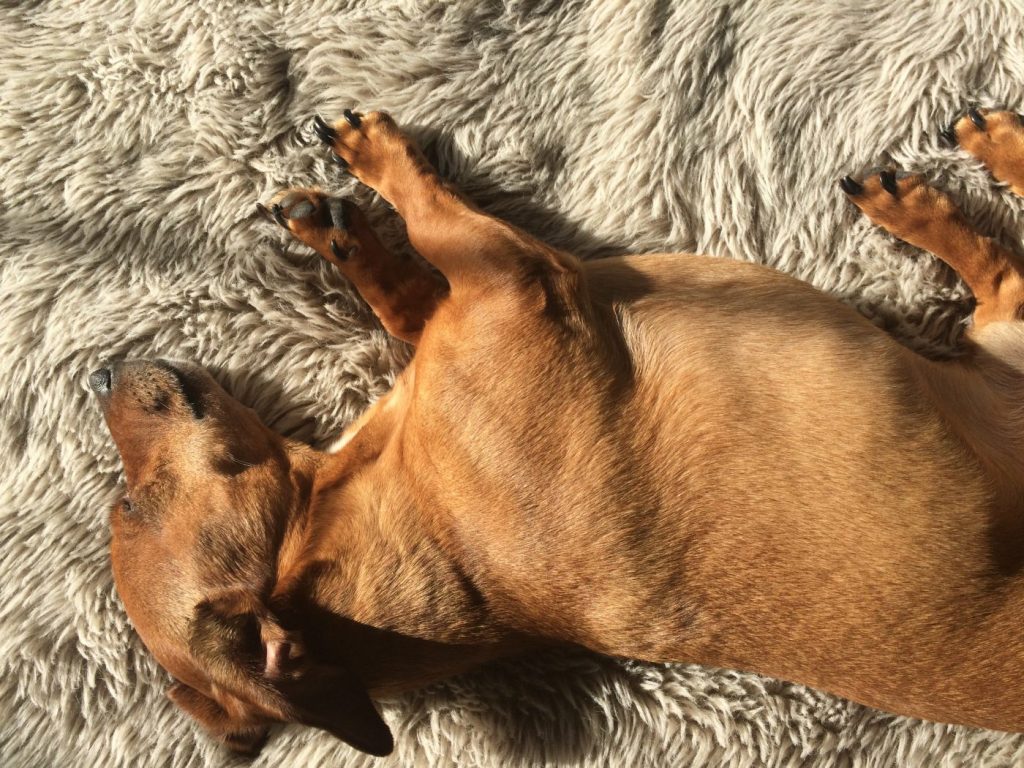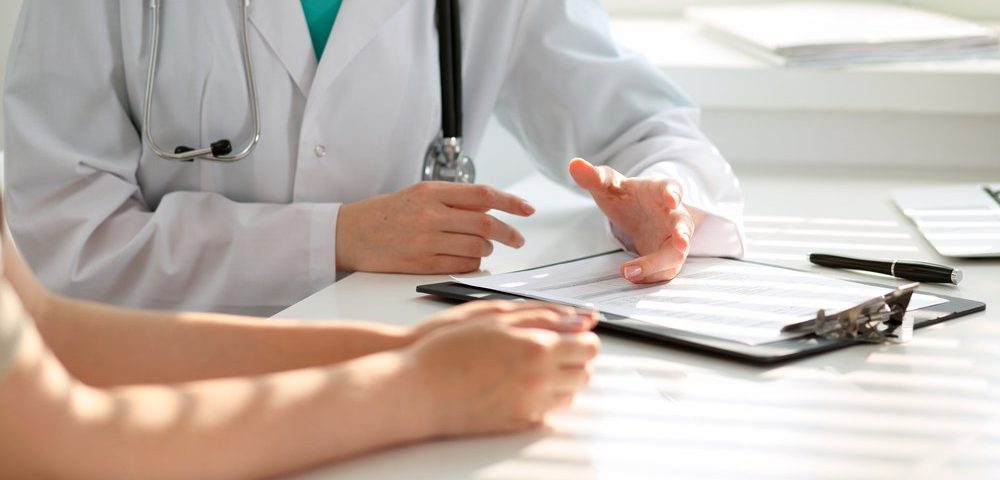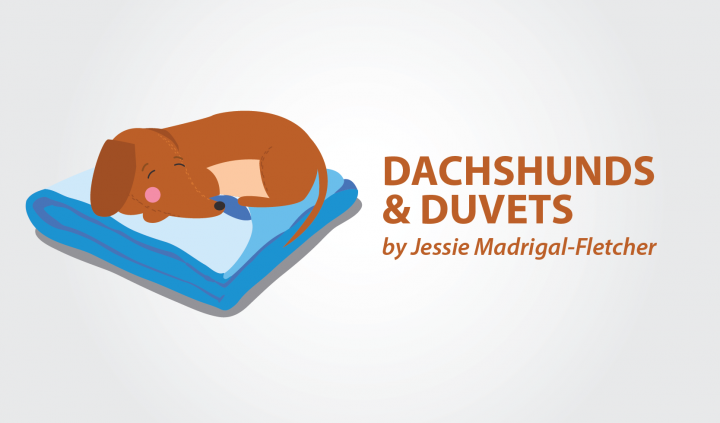The first time I was told I had endometriosis, I was coming out of surgery, heavily drugged. A smiling young doctor gave me the news, as she held my hand and assured me I was going to be fine. Since then, it’s been a tricky journey made up of daily life lessons. Following are some things I learned:
You may feel relief.
Some women dread being told it’s endometriosis, but I was relieved. After almost two decades of incredibly painful periods, ongoing health struggles, and spending the last eight years having all sorts of invasive tests done, I welcomed my diagnosis. I finally had an answer. It was something real, tangible and definitively not just stress, or “all in my head.”
Most doctors won’t talk about nutrition.
Eating differently is the one topic of conversation that keeps coming up among endometriosis patients, as bloating and digestive issues are recurrent with this illness. Reducing the intake of inflammatory foods like red meat, dairy, wheat, and alcohol will have a beneficial effect on your health. However, I am yet to encounter a doctor who agrees or shows an interest when I tell them about how my dietary changes have helped.
Most doctors will want to talk about having children.
If there is something more uncomfortable than spreading your legs and being examined by a health professional, it’s talking about whether you want to have kids with your partner in the same room. Even more cringeworthy is doctors who try to convince you to get pregnant asap.
Most people don’t know what endometriosis is.
If I had a dollar for every time someone says “endo what?” to me, I would have … a lot of dollars. Even though it affects 1 in 10 women worldwide, endometriosis is still considered a mystery disease. This makes it an especially challenging conversation if your illness affects your job.

Self-kindness is like a muscle: You develop it over time.
At the start, I fought every symptom with all my might. I would try to go running when suffering from fatigue, barely managing to put one foot in front of the other. I’d stubbornly cling on to plans I’d made, high on painkillers and suffering through incredible levels of pain. Believing I could trick this illness, I’d try to beat it before it got to me. Unwittingly, I was setting myself up for failure. I wasn’t listening to my body, and torturing myself with unreachable expectations.
Chronicling my cycle and identifying the bad days, led to an increased awareness of what was happening. Self-kindness was the next logical step. Now if my body is asking for rest, that’s what I give it. If pain is taking over, I focus on self-care.
Endometriosis is a life-changing illness that has taught me so much about myself, and the people around me. It’s an uphill climb that sometimes gets tougher, and I’m OK with that. The good days are around the corner, and I’ll get back to being the person I was before the illness.
***
Note: Endometriosis News is strictly a news and information website about the disease. It does not provide medical advice, diagnosis, or treatment. This content is not intended to be a substitute for professional medical advice, diagnosis, or treatment. Always seek the advice of your physician or other qualified health provider with any questions you may have regarding a medical condition. Never disregard professional medical advice or delay in seeking it because of something you have read on this website. The opinions expressed in this column are not those of Endometriosis News or its parent company, BioNews Services, and are intended to spark discussion about issues pertaining to endometriosis.


